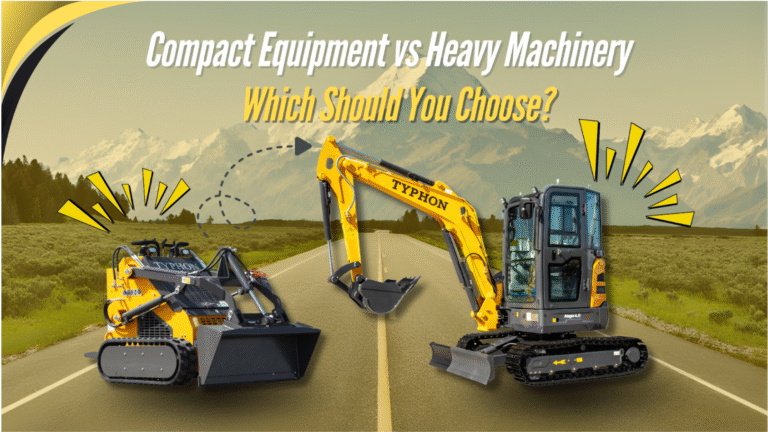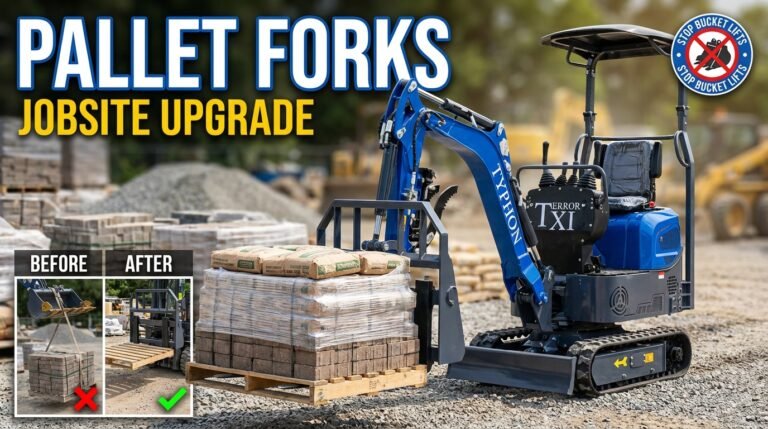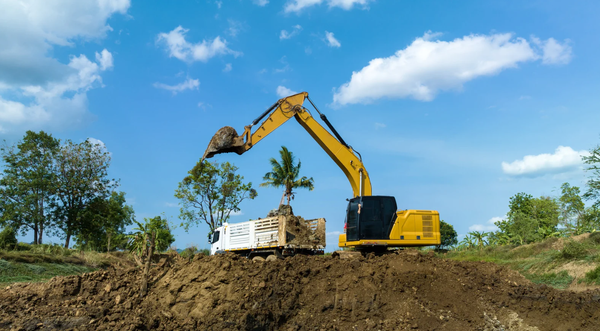
Unlock the Power of Your Mini Excavators with High-quality Engines
In the world of mini excavators, the engine is the heart. These engines, especially diesel engines, are crucial for the power and performance required to operate in challenging environments. If you are planning to buy a mini excavator engine, you will find that a high- quality engine can significantly affect your project outcomes, from timelines to cost management. This guide will cover how mini excavator engines work, their benefits, essential mini excavator engine parts, and how to choose the right one to help you learn more knowledge about them or make an informed purchase decision
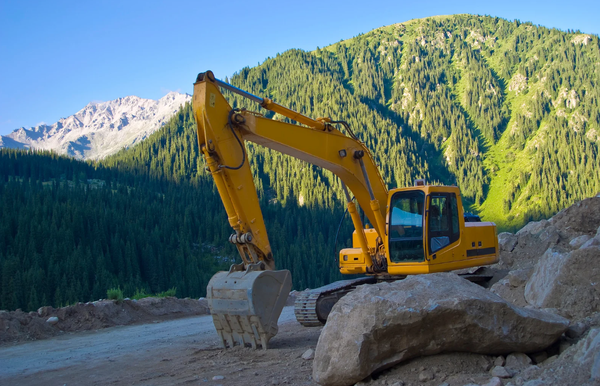
What are Mini excavator engines?
Mini excavator engines are powerful units designed to help excavators handle the tough tasks of digging, lifting, and moving earth or other materials. They convert the energy from diesel fuel into mechanical power that drives the excavator’s hydraulics system. The performance of a mini excavator engine is crucial, as it determines the excavators’ capability to perform various tasks efficiently. The relationship between engine performance and excavator capability is linear; better engine performance leads to more efficient machinery operations.
How Diesel Engines Power Excavators?
Diesel engines in excavators operate on the principle of internal combustion, where diesel fuel is injected into the combustion chamber and ignited under high pressure. This process releases energy that moves pistons, which in turn operate the crankshaft, converting the piston’s linear motion into rotational force. This force is then used to power the excavator’s hydraulic systems, which are responsible for major functions such as the movement of the arm and bucket.
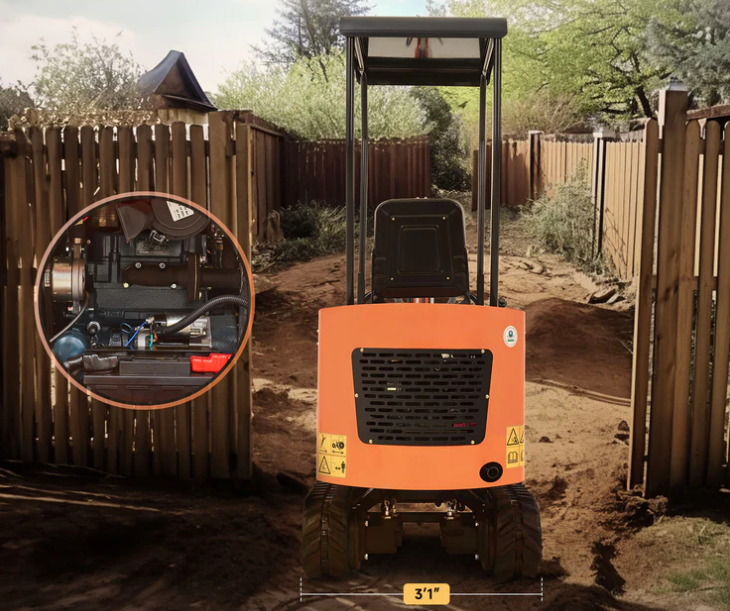
What Can You Get From a High-Quality Mini Excavator Engine?
Investing in a high-quality mini excavator engine can bring numerous benefits, impacting not only the operational aspects of construction projects but also environmental and economic factors.
01. Enhanced Performance and Efficiency
High-quality mini excavator engines are designed to meet the demanding needs of modern construction sites with unparalleled efficiency and robustness. These mini excavator engines, often equipped with cutting-edge technologies such as turbochargers and advanced fuel injection systems, provide higher power and torque. This means that they can handle intensive workloads seamlessly, thereby reducing the time required for tasks.
02. Reduced Environmental Impact
High-quality diesel engines are usually designed to be more environmentally friendly. They come equipped with systems that can reduce harmful emissions such as NOx and particulate matter. For example, there are systems like selective catalytic reduction (SCR) and exhaust gas recirculation (EGR) that can help minimize the environmental influence of construction activities. By choosing excavators with these high-quality engines, companies can not only comply with stringent emission regulations but also contribute to a greener construction environment.
03. Increased Durability and Reduced Downtime
Highly efficient engines for excavators are durable. They are less prone to failures and breakdowns, which is crucial for maintaining project schedules and reducing unexpected costs associated with engine repairs or replacements.
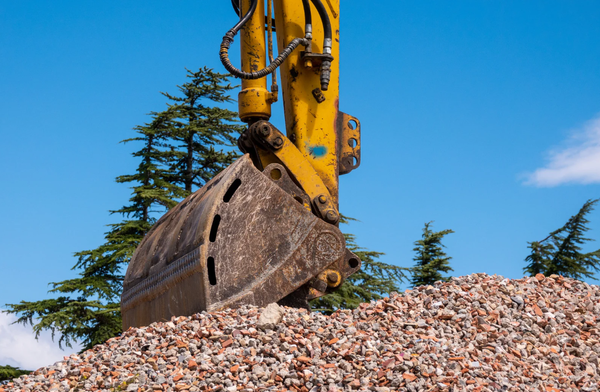
What are the Mini Excavator Engine Parts?
A thorough understanding of the key excavator engine parts can be helpful in choosing a high-quality engine that ensures optimal performance, longevity, and efficiency. Here are some key excavator engine parts that you should know:
Crankshaft: Crankshafts serve as the backbone of the excavator engine’s mechanical functions, converting the linear motion of pistons into rotational motion that drives the entire machine. The robustness of the crankshaft is indicative of the engine’s ability to handle heavy loads and continuous operation.
Pistone: Pistons are central to the excavator engine’s power generation. They move within the cylinder to create the pressure needed for the combustion process. The quality of materials and design of the pistons can greatly influence the engine’s efficiency and power output.
Cylinder Blocks: Cylinder blocks act as enclosures for the cylinders and associated components where the combustion process occurs. Their durability and integrity are essential for maintaining the structural reliability of the engine, especially under the demand stress of high performance.
How to Choose a Mini Excavator Engine?
Choosing the right excavator engine is essential for maximizing efficiency and ensuring your machinery is up to the demands of your projects. Here are several factors to consider when selecting an engine for your mini excavator:
01.Consider Power Requirements and Operational Conditions
Begin by evaluating the typical workload and the tasks that the mini excavator is expected to perform. It is essential that the engine’s power output is aligned with these operational demands. This includes considering the engine’s horsepower and torque characteristics, which should match the requirements for heavy lifting, digging, or any specialized tasks your projects entail.
The environmental conditions where the mini excavator will operate also play a significant role in selecting an engine. Engines need to be robust enough to withstand various climates and terrains. For instance, if the mini excavator will be used in areas with extreme temperatures, either hot or cold, the engine must be capable of reliable operation under
these conditions.
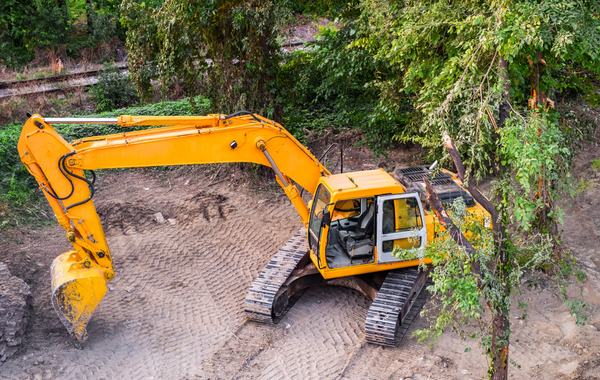
02. Consider Engines from Reputable Brands Like Kubota Engine
Brands that consistently receive positive industry reviews are generally a safe bet. An excellent choice in this regard is the Kubota engine. Kubota, a leader in the engine market, has earned a stellar reputation through consistent positive reviews and a proven track record in providing robust engines.
The D722 Kubota engine stands out as a compact, multi-cylinder water-cooled diesel engine that meets stringent EPA/CARB Tier 4 emissions levels. Renowned for its durability and adaptability, the D722 can transition from E3 to E4 emission standards while maintaining consistent performance and physical characteristics, making it an ideal choice for various applications. Additionally, enhanced with Kubota’s E-TVCS, the D722 Kubota engine can not only achieve lower particulate matter levels but also operate cleaner and quieter.
03. Economic Considerations
While initial costs are an important consideration, think about long-term savings through fuel efficiency and lower maintenance costs. A slightly higher upfront investment in a better-quality engine can result in considerable savings over the engine’s lifecycle.
As we just said the excavator engine can determine the capability of the excavator, if you think that purchasing a Kubota mini excavator equipped with its D722 engine is too expensive, AHM’s 1.1 Ton mini excavator equipped with the D722 Kubota engine can be an excellent alternative for you. Featuring the D722 Kubota engine, this 1.1 Ton mini excavator offers robust digging power with a maximum depth of 5.7 feet, ideal for operating in tight spaces such as alleys, gardens, and narrow lanes. Best of all, it is available at a highly competitive price, under $10,000, making it a good choice for a wide range of construction projects without stretching your budget.
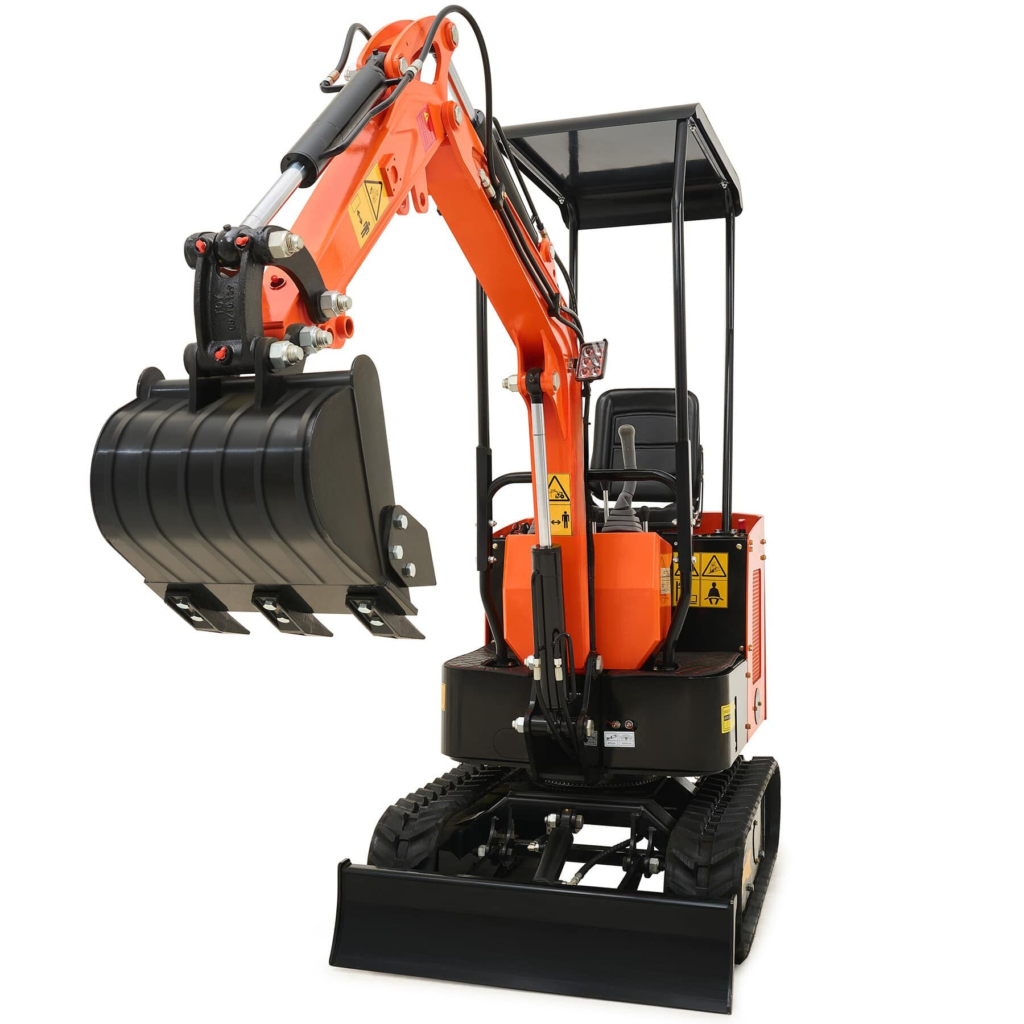
13.8 HP Kubota Engine 1.1 Ton Mini Excavator with 5.7 ft. Maximum Digging Depth
$0.999.99
In summary, engines are the powerhouse behind the operational capabilities of mini excavators. Selecting the right excavator engine involves balancing power requirements, operational conditions, and economic factors. Investing in a high-quality diesel engine ensures not only enhanced performance but also greater efficiency and sustainability. Remember, the core of maintaining operational efficiency and reducing project costs is choosing the right mini excavator engine. By prioritizing quality, power, and environmental compatibility, you ensure your heavy machinery operates at its best.


